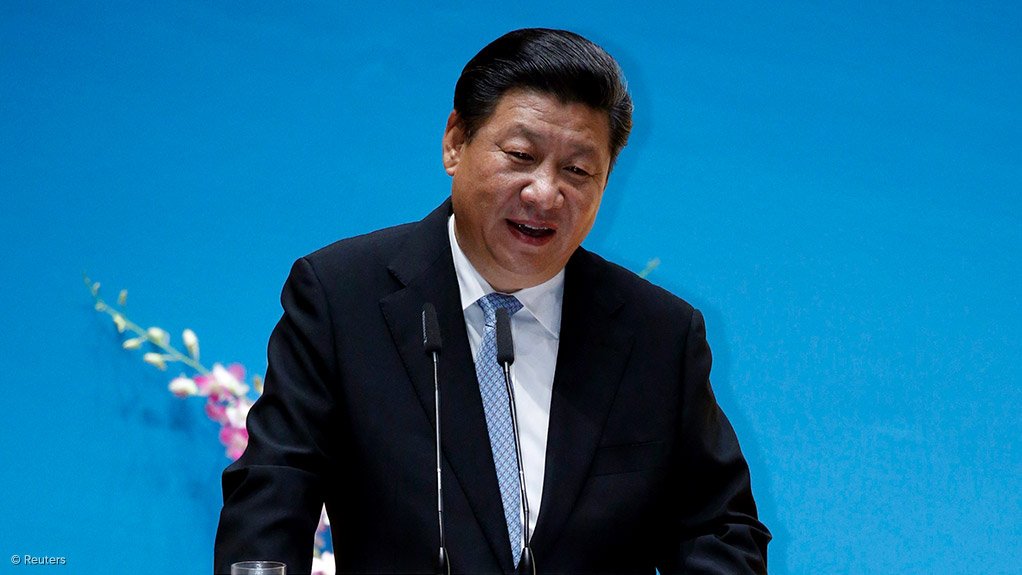Chinese President Xi Jinping said he would support Chinese firms that invest in Angola's agriculture and manufacturing sectors, State media reported on Friday, as the African oil producing nation seeks help in diversifying its economy.
"The Chinese side is willing to work with Angola to implement key infrastructure projects and support strong Chinese companies to go to Angola to carry out various forms of cooperation," Xi told visiting Angolan President Joao Lourenco at the Great Hall of the People in Beijing.
Lourenco's visit follows Angola's announcement in December it would leave producer group the Organization of the Petroleum Exporting Countries and agreements with China on cooperation.
Xi told Lourenco on Friday Chinese firms could "help Angola achieve agricultural modernisation, industrialisation and economic diversification," the State media report said, part of Beijing's long-term drive to deepen economic and political ties with Africa.
China has a vested interest in Angola's quest to overhaul its economy because Luanda owes Chinese creditors just under $21-billion, World Bank data shows.
Lourenco, who is accompanied on this visit by his agriculture minister, needs funds to implement structural reforms to cut its reliance on oil, as Luanda does not have enough non-oil revenue sources to finance its transition.
In December, China and Angola signed an investment protection agreement, while Angolan firms from December 25 have had tariff-free access to China's massive consumer market across 98% of goods under a separate agreement.
On Friday, the two leaders also agreed to upgrade bilateral ties to the level of comprehensive strategic cooperative partnership, allowing for greater trade and investment.
Chinese firms have invested close to $12-billion in Angola since it joined China's Belt and Road Initiative in 2014, data from the American Enterprise Institute think tank shows, just under half of which went into the country's energy sector.
The littoral State has plentiful reserves of base metals and ample agricultural resources, such as sugarcane, coffee, cotton and livestock, but they have been neglected compared to oil.
The International Monetary Fund on March 8 released its Executive Board's assessment of Angola's economy said "heavy dependence on the oil sector" put Luanda at a high risk of missing the 0.5% growth target the Fund forecast for 2023, as the IMF expects its oil sector to have shrunk by an annual 6.1% over last year.
EMAIL THIS ARTICLE SAVE THIS ARTICLE
To subscribe email subscriptions@creamermedia.co.za or click here
To advertise email advertising@creamermedia.co.za or click here











